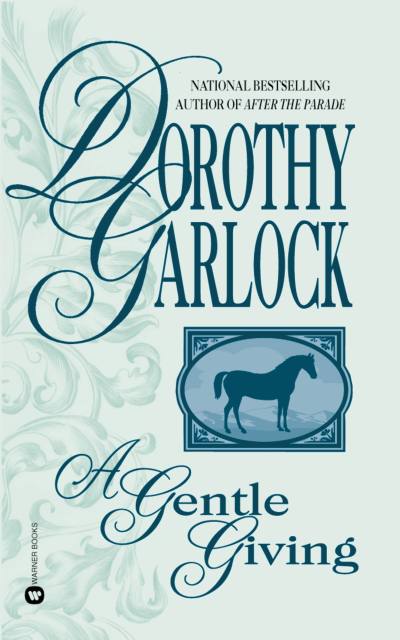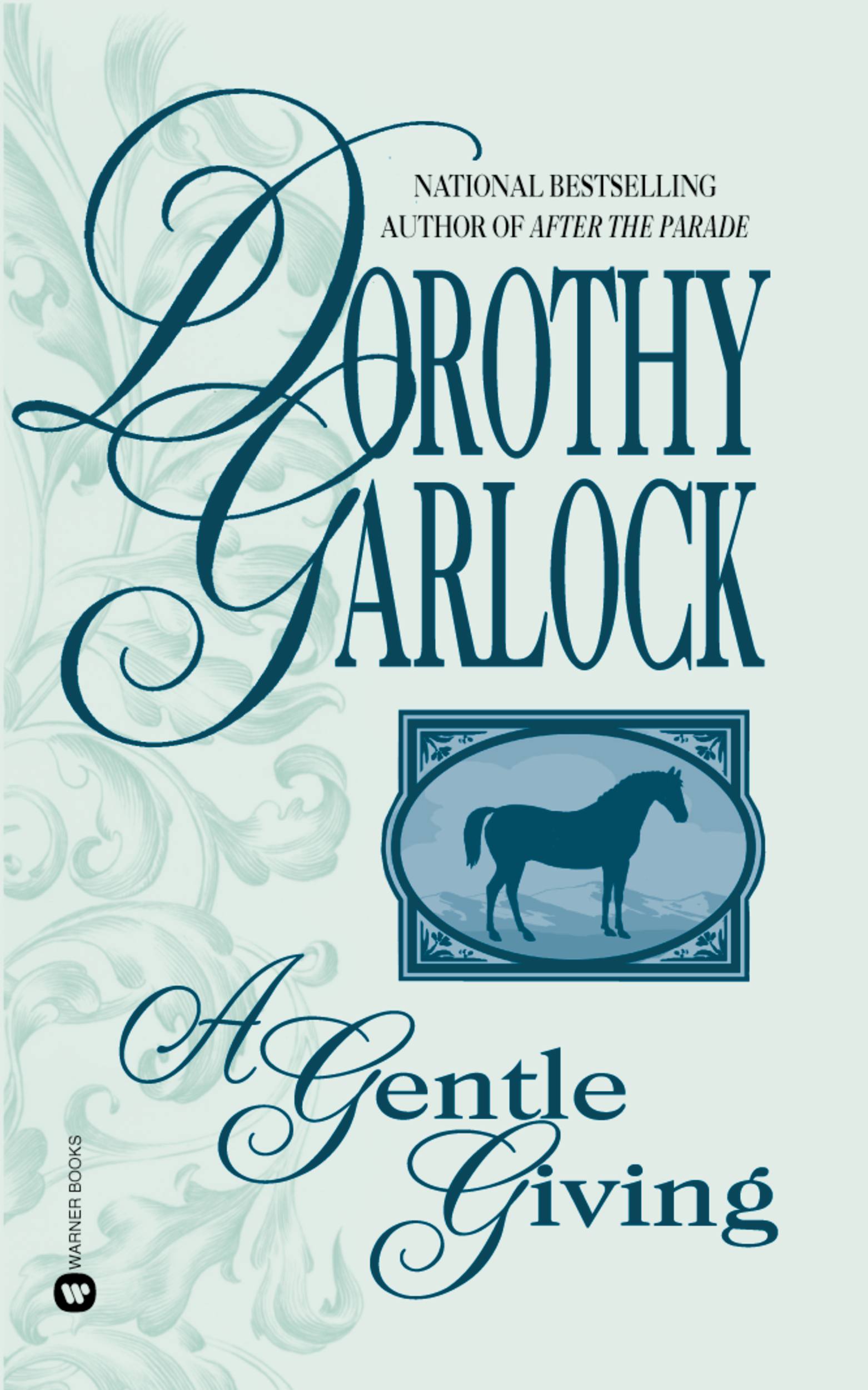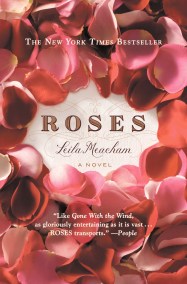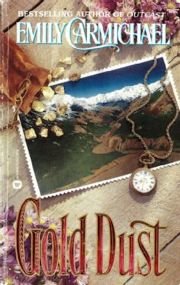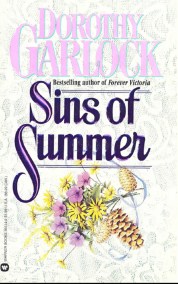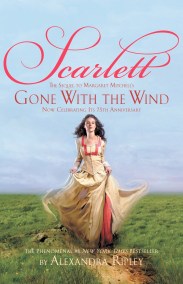Promotion
Use code MOM24 for 20% off site wide + free shipping over $45
A Gentle Giving
Contributors
Formats and Prices
Price
$3.99Price
$4.99 CADFormat
Format:
ebook (Digital original) $3.99 $4.99 CADThis item is a preorder. Your payment method will be charged immediately, and the product is expected to ship on or around April 12, 2001. This date is subject to change due to shipping delays beyond our control.
Also available from:
Willa Hammer has nothing left after narrowly escaping the lynch mob that unjustly hanged her foster father except her dog, her faith, and the protection of a secretive family. She joins their wagon train heading West, never realizing she is traveling to the wilds of Bighorn Mountain, where a rundown ranch and the arms of an untamed, hardened cowboy await her.
Genre:
- On Sale
- Apr 12, 2001
- Page Count
- 384 pages
- Publisher
- Grand Central Publishing
- ISBN-13
- 9780759522794
Newsletter Signup
By clicking ‘Sign Up,’ I acknowledge that I have read and agree to Hachette Book Group’s Privacy Policy and Terms of Use
